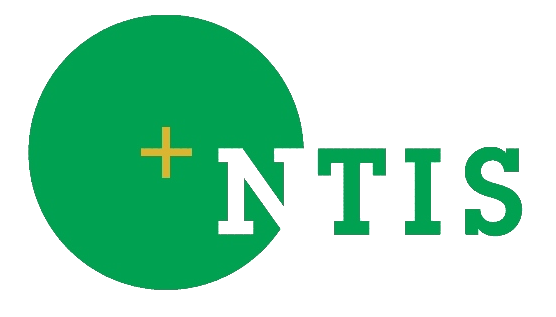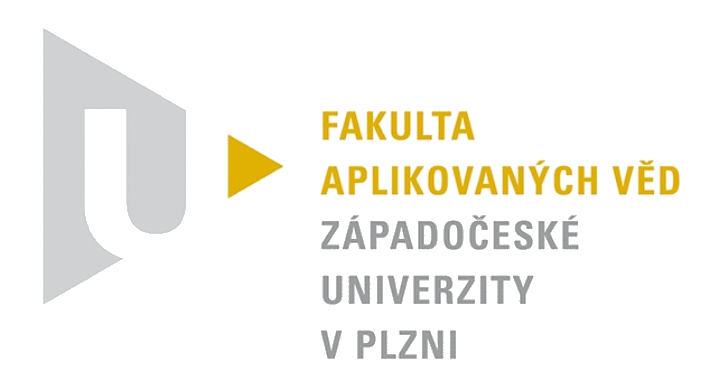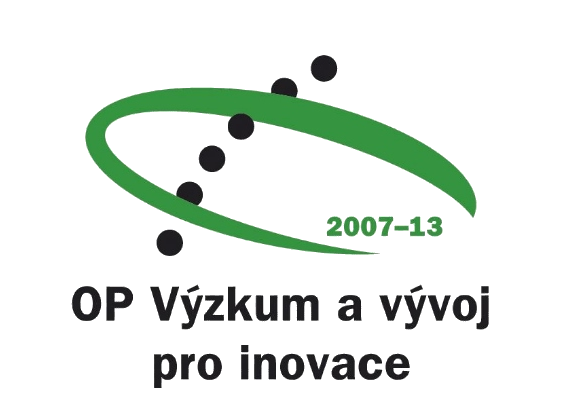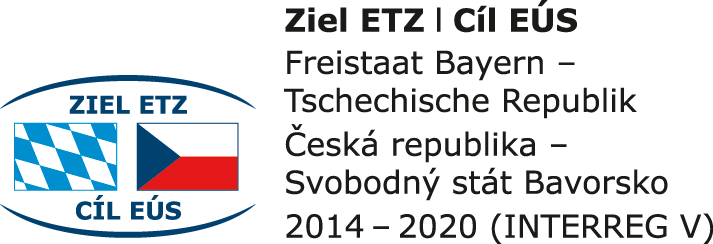
Link between Sentiment and Human Activity Represented by Footsteps ? Experiment Exploiting IoT Devices and Social Networks
The Internet of Things world brings to our lives many opportunities to monitor our daily activities by collecting data from various devices. Complementary to it, the data expressing opinions, suggestions, interpretations, contradictions, and uncertainties are more accessible within variety of online resources. This paper deals with collection and analysis of hard data representing the number of steps and soft data representing the sentiment of participants who underwent a pilot experiment. The paper defines outlines of the problem and presents possible sources of reliable data, sentiment evaluation, sentiment extraction using machine learning methods, and links between the data collected from IoT devices and sentiment expressed by the participant in a textual form. Then the results provided by using inferential statistics are presented. The paper is concluded by discussion and summarization of results and future work proposals.







